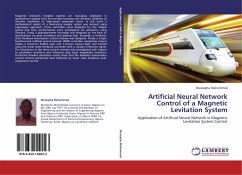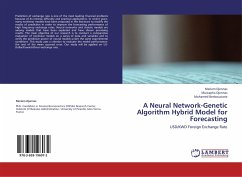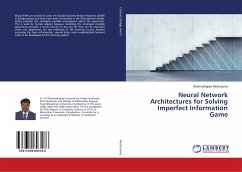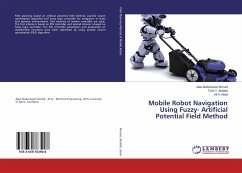Magnetic levitation (maglev) systems are nowadays employed in applications ranging from non-contact bearings and vibration isolations of sensitive machinery to high-speed passenger trains. In this work a mathematical model of a laboratory maglev system was derived using Lagrangian approach. Three controllers were designed for the maglev system and their performances were investigated via simulation using Simulink. Firstly, a pole-placement controller was designed on the basis of specifications on peak overshoot and settling time. Secondly, a nonlinear state feedback linearization control scheme was designed. Finally a 3-layer feed-forward artificial neural network (ANN) controller comprising 3-input nodes, a 5-neuron hidden layer and 1-neuron output layer was trained using the linear state feedback controller with a random reference signal. The robustness of the three control schemes was investigated with respect to parameter variations and reference step input magnitude variations. Presented Simulink simulation results show that the feedback linearization control scheme performed best followed by linear state feedback pole-assignment control.
Bitte wählen Sie Ihr Anliegen aus.
Rechnungen
Retourenschein anfordern
Bestellstatus
Storno








